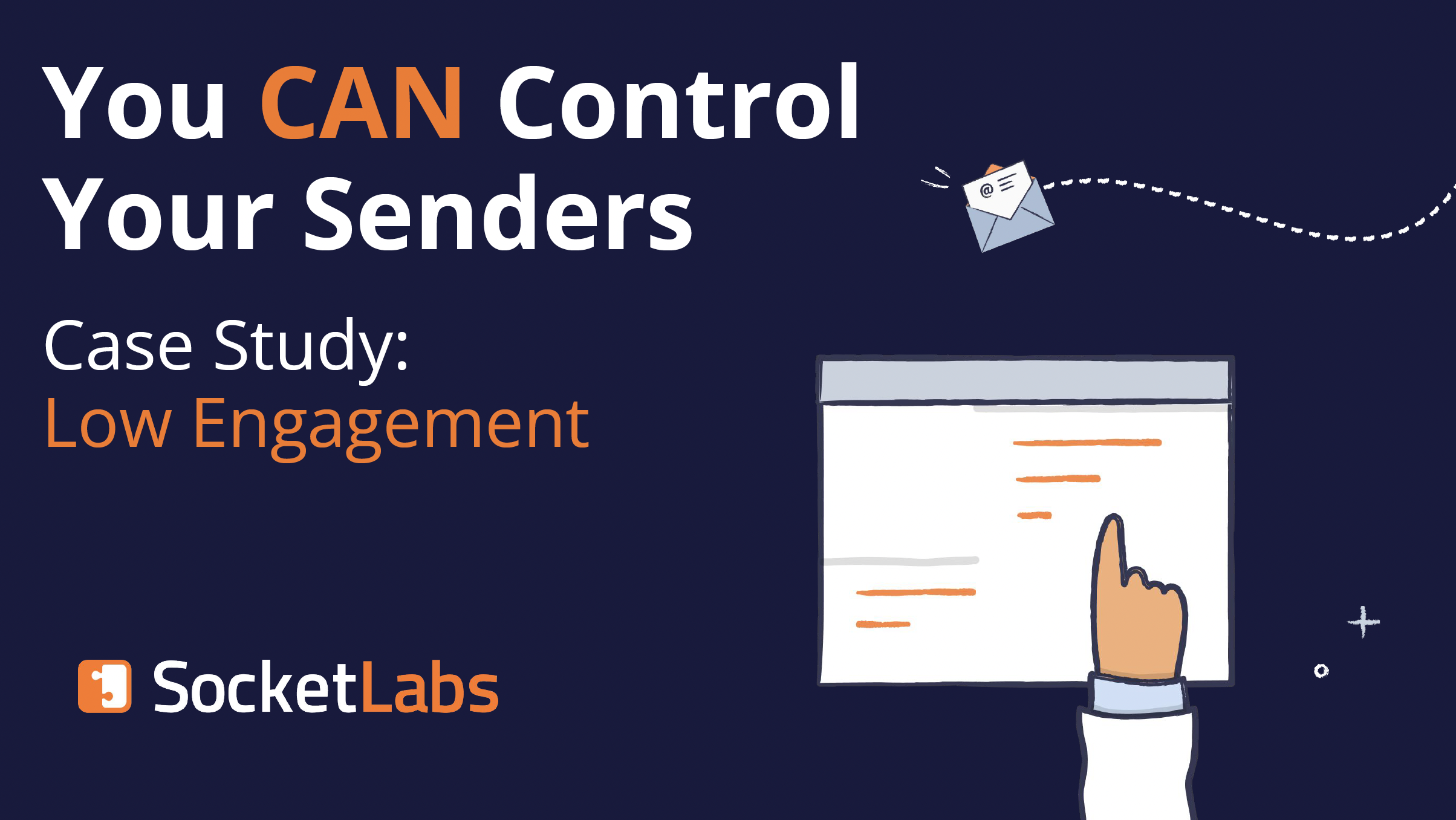At SocketLabs we have customers asking us questions every day about the big mailbox providers. These providers run a significant percentage of consumer inboxes and some also offer corporate and private domain mailbox solutions. Through years of delivering billions of messages to these organizations, we’ve gained great insights which we will share over the next five days in a blog series entitled “Mailbox Providers 101″. In the fifth and final part of this series we will discuss the traits of large US ISP mailbox providers.
Somewhat surprisingly the largest US internet providers rely on very similar email receiving infrastructures. While there are certainly some differences between each we will explain the difficulties in delivering email to these mailbox providers.
The backbone of many of the ISPs anti-spam systems is provided by a third party vendor. CloudMark is the largest such vendor and produces a unique anti-spam system known as the CloudMark Authority Engine. CloudMark’s product functions like the internal filtering systems of the other major mailbox providers – relying heavily on user data like SPAM complaints. CloudMark uses this data to form what it calls “fingerprints” of messages. The fingerprints allow for SPAM messages to be detected regardless of their point of origin and can often even continue to detect malicious messages if they have been modified.
Along with providing their users’ SPAM complaints to the CloudMark platform nearly all of the ISPs also support Feedback Loops. This means that when users of these services mark your messages as SPAM you can know about it. Feedback Loops are automatically processed for all messages originating from the SocketLabs On-Demand Platform.
Along with CloudMark filtering most of the US based ISPs run their own internal blacklists, this includes Comcast, Verizon, AT&T, and Time Warner/Road Runner. These blacklists are unique in that they cannot be monitored through DNS queries like most other blacklists. We do not know that an IP is blacklisted until a connection is made with the IP address to the SMTP gateway of the ISP. The SocketLabs On-Demand platform intelligently manages these IP blacklistings by holding messages in queue for affected domains allowing our delivery team to take action to remove the blacklisting and prevent these messages from failing.
Beyond the internal blacklists the big ISPs commonly also rely on other third party blacklists and reputation data sources to block and filter mail. Here is a chart which shows what blacklists we’ve found the different service providers to be using.
Here at SocketLabs we’ve also noticed a strong correlation with the big ISPs and Return Path. Some providers use Return Path’s blacklist, and some like Comcast even use Return Path’s Sender Score data to perform rate limiting of message delivery. Due to existing relationships the Sender Score Certification options from Return Path are sure to improve inbox placement results with some of these providers. Sender Score certification is even more important with these ISPs as none offer a direct method of whitelisting IP addresses.
When it comes to message authentication nearly all the ISPs utilize both SPF and DKIM. Both of these technologies are provided automatically with the SocketLabs On-Demand service and there are no markings indicating the authenticating domain like Google’s Gmail in the default web clients provided.
Improve your deliverability today to these mailbox providers by signing-up for a free SMTP relay account. Existing customers can contact [email protected] with any further questions about mastering delivery to these providers.









